- Alberta's ban on renewable projects on prime agricultural land jeopardizes over C$11 billion in investments and stalls significant solar and wind power developments.
- The policy introduces uncertainty in the province's clean energy sector and conflicts with Canada's ambitious climate targets.
- Critics argue this move could significantly hinder Alberta's leadership in renewable energy development.
Alberta finds itself at a crossroads following the provincial government’s recent enactment of a ban on certain renewable energy projects.
This controversial decision could potentially derail C$11.1 billion ($8.24 billion) in investments and halt the development of up to 6.3 gigawatts (GW) of solar and wind power capacity, according to a study released by the Pembina Institute, a clean energy think tank based in Alberta.
The ban, which specifically targets renewable power projects proposed for prime agricultural land and introduces buffer zones to protect scenic vistas from wind turbines, has ignited a wave of criticism from within the industry, as reported by Reuters.
Companies fear that these new regulations introduce a layer of uncertainty that could compromise future investments in the province’s renewable sector.

Marlaina Danielle Smith ECA is a Canadian politician and journalist who has been serving as the 19th premier of Alberta since October 11, 2022, and leader of the United Conservative Party since October 6, 2022. Smith entered provincial politics in 2009, becoming the leader of the Wildrose Party.
The Pembina Institute’s report sheds light on the breadth of this impact, highlighting that 42 projects and several thousand jobs are now in jeopardy.
Alberta’s move is not just an economic concern; it places the province at odds with the federal government’s ambitious climate goals.
Prime Minister Justin Trudeau’s administration is working on federal regulations aimed at eliminating greenhouse gas emissions from Canada’s electrical grids on a net basis by 2035, a target that now seems more elusive for Alberta given its recent policy shift.
Despite the provincial government’s assurances that exceptions to the ban could be granted for projects demonstrating that agricultural activities can coexist with renewable energy development, the industry remains skeptical.
The new rules affect a significant portion of the renewable projects in the pipeline: out of 111 solar and 34 wind projects proposed in Alberta, 36 solar and six wind projects could face delays or cancellations.
Alberta’s current renewable energy capacity stands to double with these projects, signaling a major setback for the province’s leadership in clean energy development should these investments falter.
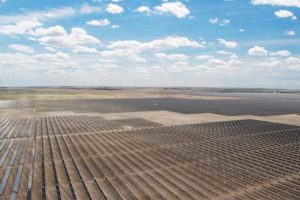
Travers Solar Project under construction. (Greengate)
The decision has attracted widespread criticism, with companies expressing concern over the chilling effect on future renewable investments.
In a separate move aimed at mitigating the immediate impact on electricity costs, the Alberta government announced temporary regulatory changes.
These include capping the offer price of natural gas generating units and mandating their availability during extreme weather and peak demand periods.
This decision follows a January scare when frigid temperatures put a strain on Alberta’s electric grid, prompting warnings of potential rolling outages. Thanks to consumer efforts to reduce electricity use, the province averted a crisis.
As Alberta grapples with balancing its economic interests, environmental responsibilities, and the need for sustainable development, the world watches.
The clash between provincial and federal visions for Canada’s energy future underscores the complex challenges facing the transition to renewable energy.
With significant investments and the promise of a cleaner, more sustainable future at stake, the outcome of this policy decision will have far-reaching implications not only for Alberta but for Canada as a whole.




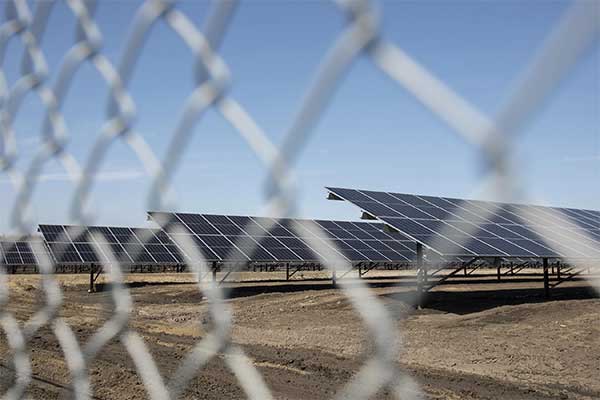

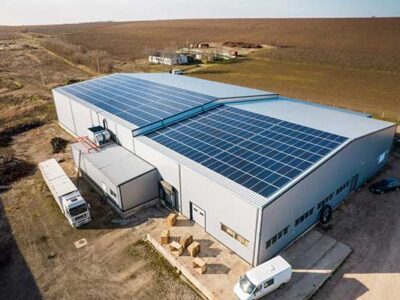

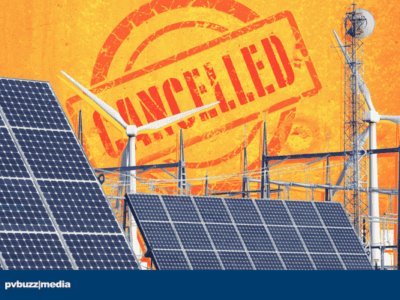

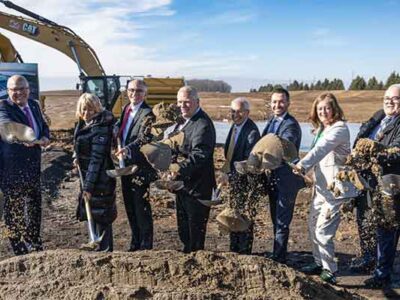


Comments